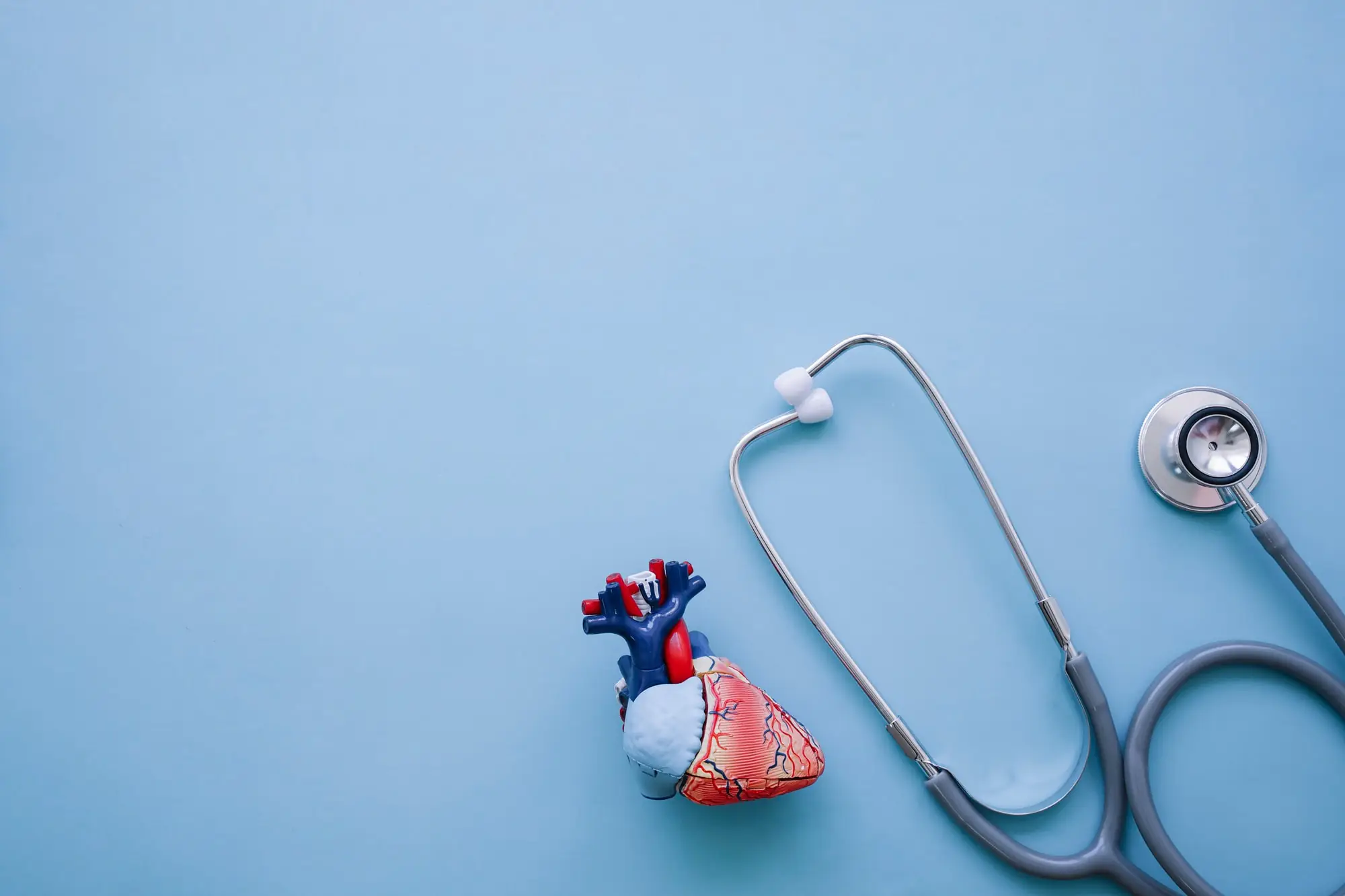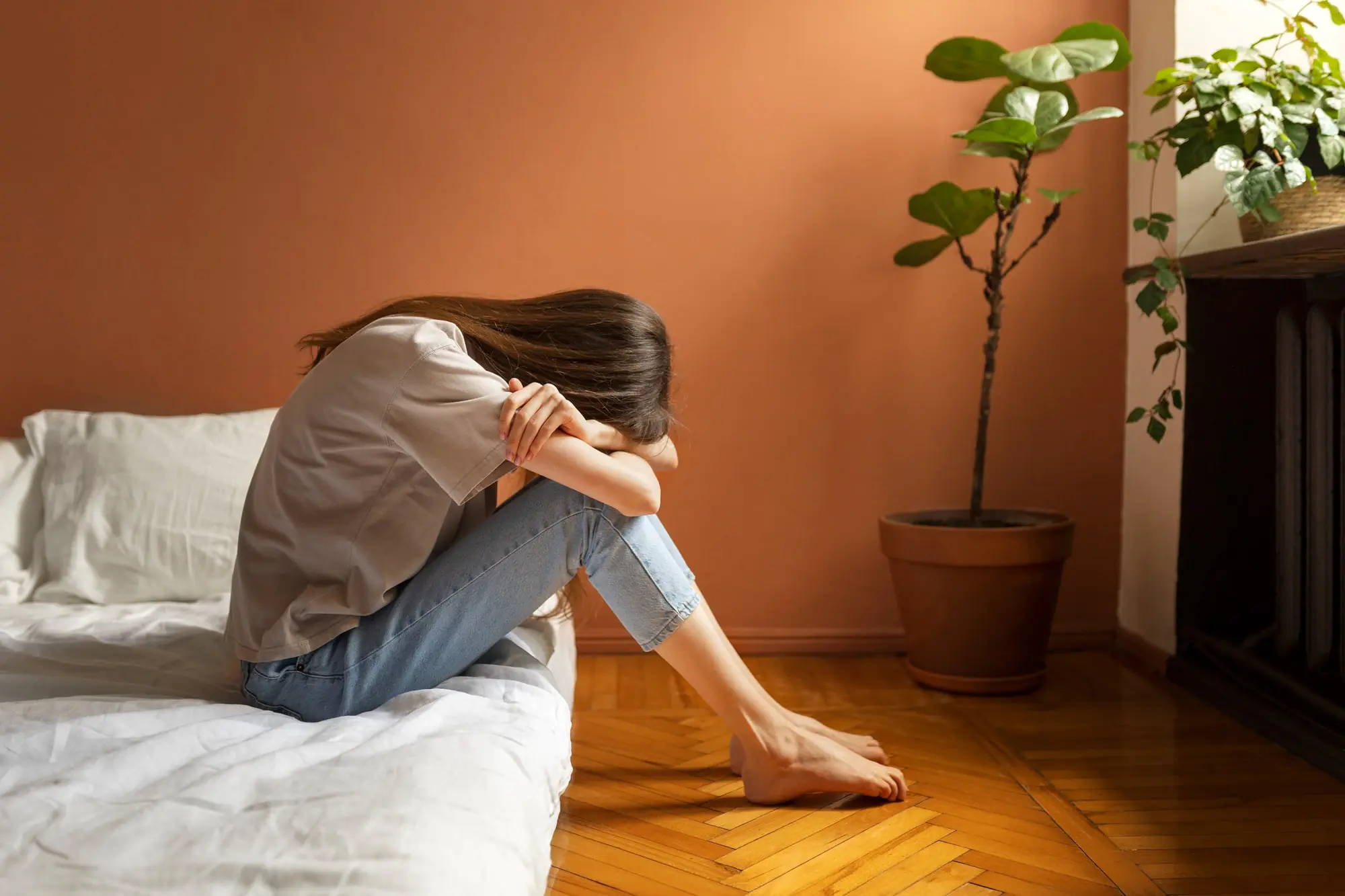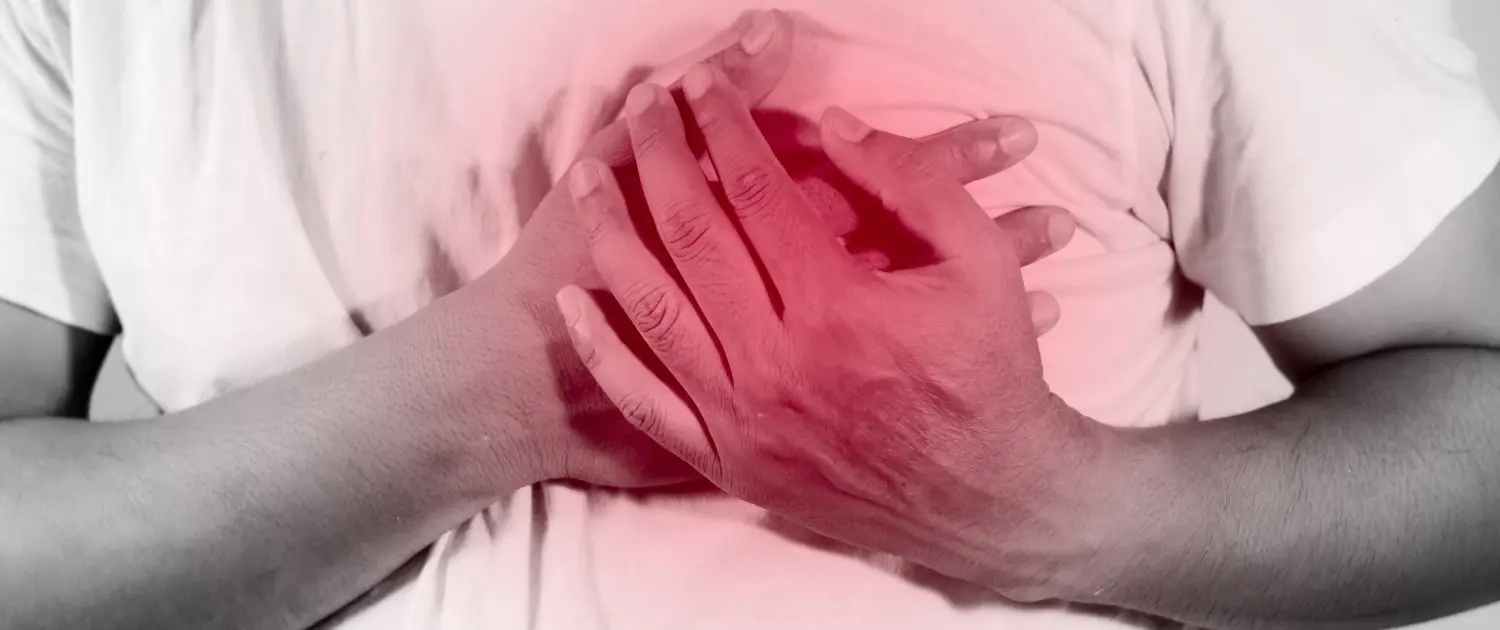What is good for insect bites? How Does an Insect Bite Happen?
Insect bites occur when various insect species damage human skin. These bites usually cause mild skin reactions. But in some cases it can cause pain, swelling and severe allergic reactions. Treatment of insect bites and stings usually starts with cleaning the bitten area and applying a cold compress. Antihistamines and painkillers may be recommended for itching and pain. It is also important to apply insect repellent on the skin and dress in a way that covers the body to protect against insect bites, especially during outdoor activities.
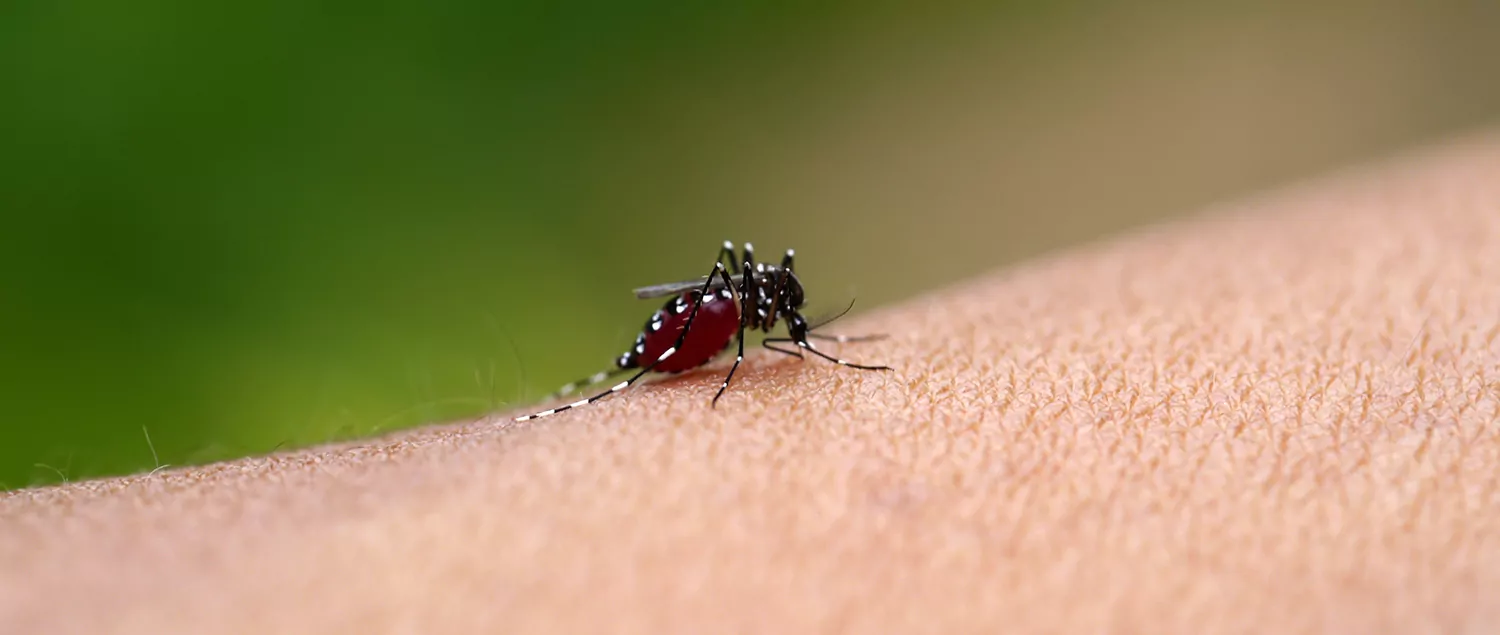
What is good for insect bites?
Insect bites and stings are common events that usually cause mild discomfort but in some cases can lead to severe allergic reactions. People can be exposed to mosquitoes, bees, fleas and various different types of insect bites. These conditions usually present with symptoms such as itching, redness and swelling. Most insect bites and stings can be treated at home with simple measures. For the question “What is good for insect bite swelling?”, washing the bitten or stung area with soapy water and applying a cold compress to reduce swelling can be given as an answer. In case of insect bite bruising, a cold compress applied gently to the bite area can improve blood circulation and relieve bruising. Antihistamine creams or lotions prescribed to relieve itching are also helpful. For pain or severe symptoms, painkillers such as paracetamol or ibuprofen can be taken under medical supervision. It is important that people with severe reactions or allergies seek medical attention immediately.
What Helps Insect Bite Allergy?
Insect bite allergy is characterized by symptoms such as severe itching, redness and swelling, especially on the body, and can be treated with antihistamines. In this case urgent medical attention is required as severe reactions can trigger anaphylaxis. In addition to home remedies, doctors also recommend cleaning and care to protect the bite site from infection. Allergic reactions to insect bites should be taken seriously and managed with appropriate medical advice.
What are the Symptoms of an Insect Bite?
It is possible to recognize insect bites through certain signs and symptoms on the skin. The answer to the question “How to recognize an insect bite?” contains important information about a situation that many people may encounter. These symptoms can vary depending on the type of bite and the person’s immune system. Symptoms of an insect bite include:
- Redness and Swelling: Redness and swelling at the bite site are the most obvious signs of an insect bite. The affected area usually turns red and swells immediately after being bitten. This is the result of the body having an allergic reaction to the bite.
- Itching Most insect bites cause excruciating itching at the bite site. Itching from an insect bite is an effect of histamine released by the body. Itching can start a few hours after the bite and last for several days. The yellowjacket bug bite in particular is characterized by severe itching and redness and may require a doctor’s consultation for appropriate treatment.
- Pain Some insect bites can cause severe pain, especially stings from insects such as bees and wasps. The pain is usually felt at the time of the bite or sting and is locally limited.
- Blisters and sores filled with water: This is a symptom seen especially in spider bites. If an insect bite blisters, it is important not to burst the bite site. These blisters and sores can indicate infection at the bite site and may require medical attention.
- Systemic Reactions: Rarely, in some people, insect bites can cause generalized body reactions. This is known as anaphylaxis and can cause symptoms such as rapid pulse, shortness of breath, dizziness and sometimes loss of consciousness. Anaphylaxis requires urgent medical attention.
If severe symptoms or signs of anaphylactic reaction occur after a bite, seek medical attention immediately.
What are the Types of Insect Bites?
The types of insect bites differ depending on the type of insect bitten. The question “What kind of insect bite?” is important to understand the characteristics of the bite and its possible effects. Because the best answer to the question “What is good for an insect bite?” depends on the type of bite. The types of insect bites are as follows:
- Mosquito Bites The saliva secretion left by mosquitoes causes a small, red and itchy swelling at the bite site. It is usually harmless but can be irritating. When the insect bite is a poisonous mosquito bite, it can cause serious health problems.
- Bee and Wasp Stings: These are more painful and the sting site quickly becomes red and swollen. Severe allergic reactions may occur, so caution should be exercised.
- Bedbug Bite A bedbug bite causes small blisters on the skin, often with an inflamed appearance. In rare cases, it can occur during contact with wooden surfaces.
- Tick Bites Mostly painless and may go unnoticed. But it can lead to serious conditions such as Lyme disease. Redness and swelling may occur at the bite site.
- Flea Bites: Small, red, itchy bites that occur in groups and are usually concentrated around the ankles. Dust flea insect bites are a health problem that can be prevented, especially by cleaning.
- Ant Stings Some species, such as fire ants, can cause severe pain, redness and vesicles (water-filled blisters). These reactions may last for several days.
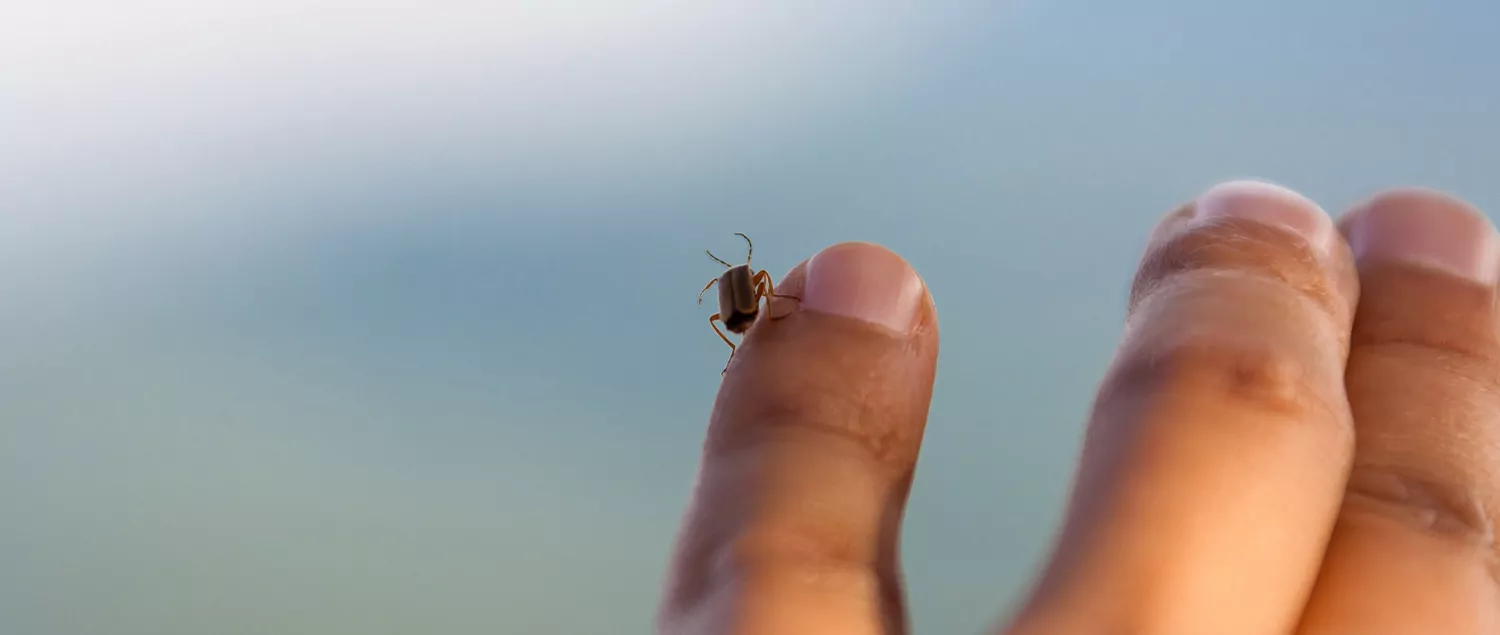
How to recognize a poisonous insect bite?
Poisonous insect bites are a common occurrence, especially in the warmer months. Most of the time it is harmless, but sometimes it can cause serious allergic reactions. The bitten person may experience symptoms such as redness, swelling, pain and itching at the bite site. Rarely, this can cause more serious reactions or even life-threatening symptoms such as shortness of breath. Insect bites such as burns can be caused by poisonous species. If severe swelling, redness and pain persist at the site of the bite, or if symptoms of infection such as fever and chills appear, you should consult a doctor. Blisters on the body, like insect bites, can be a sign of severe allergic reactions. If there are signs of an allergic reaction, especially symptoms such as shortness of breath, swelling of the face and throat, poisonous insect bites may require emergency medical attention.
How to Treat an Insect Bite?
Insect bites are a common health problem, especially in spring and summer. With the right first aid and treatment, the discomfort caused by these bites can be alleviated and possible complications can be avoided. Treatment methods are as follows:
- Cleaning the Bite Site: The risk of infection can be reduced by washing the bitten area with soap and water. This cleanses the bacteria at the bite site and prevents a possible infection.
- Cold Compress Application: It is possible to reduce swelling and pain by applying a cold compress or ice pack to the bite site. Cold application constricts the blood vessels in the bite area, relieving swelling and pain.
- Reducing Itching: It is possible to reduce itching and discomfort at the bite site by using antihistamine creams or ointments containing hydrocortisone. But these products may not be suitable for everyone. Therefore, it must be used with a doctor’s prescription.
- Painkillers Painkillers can be taken in case of severe pain. These medicines can relieve pain and discomfort at the bite site.
If there is severe redness, swelling or pain at the site of the bite, and if these symptoms worsen over time instead of easing, professional medical attention is essential as infection may be present. If there are signs of infection at the site of the bite, such as fever, pus formation or enlargement of the redness, this is a clear sign that a visit to the doctor is necessary. If the bite is on a baby or child, extra care should be taken. It is safest to consult a doctor for the treatment of insect bites in babies.
Frequently Asked Questions
What is Good for Insect Bite Swelling?
Swelling from an insect bite is the result of the body’s allergic response to the bite and is usually caused by fluid accumulation at the site of the bite. The first step to reduce swelling is to clean the bite site by washing it with soap and water. Following this, a cold compress or ice pack can be applied. Cold application can help constrict blood vessels, reducing fluid accumulation and swelling.
What is Good for Itching Insect Bites?
The itching caused by insect bites is associated with the body releasing histamine and can be quite uncomfortable. Antihistamine creams or ointments containing hydrocortisone are options for “What is good for itchy insect bites?”. Such products can relieve allergic reactions and reduce itching. Applying aloe vera gel or cold compresses can also be effective in soothing itching. The important thing is to avoid scratching the bite site.
How many days does an insect bite take?
The healing time of insect bites can vary depending on the severity of the bite and the person’s reaction. Most mild insect bites heal on their own within a few days. The redness, swelling and itching at the site of the bite usually subsides within a few hours to a few days. However, if symptoms are severe, recovery may take longer and treatment may be necessary. At the same time, in people with allergic reactions, the healing process may be prolonged depending on the severity of the reaction.
In case of an insect bite, it is useful to stay calm, avoid any wrong intervention in the area and consult health professionals to avoid allergic reactions.

